BT blasts Virgin 'broadband con' campaign
BT slams Virgin's broadband con campaign that calls for more honesty from ISPs.


BT has slammed Virgin Media's campaign against misleading broadband advertising, intimating the initiative is somewhat hypocritical.
Virgin launched the Stopthebroadbandcon.org initiative yesterday, voicing concerns about ISPs offering "up to" 20Mbps or 24Mbps but delivering significantly lower average speeds.
BT has subsequently criticised Virgin, claiming its rival is organising a campaign against an activity it is guilty of.
"Virgin has pitched to customers: 'You're 'not getting the broadband you are paying for.' However, it is the only ISP that charges based on speed, e.g. up to 10Mbps, 20Mbps, 50Mbps," a BT spokesperson told IT PRO.
"In fact, in some areas of the site broadband is described simply as '10Mbps' or '20Mbps'."
BT also took the opportunity to pick holes in the spread of Virgin's broadband services, suggesting the latter had decided to focus predominantly on highly-populated areas.
"BT's broadband service goes just about everywhere: we supply the parts that others simply cannot, or do not want to reach," the spokesperson added.
Get the ITPro daily newsletter
Sign up today and you will receive a free copy of our Future Focus 2025 report - the leading guidance on AI, cybersecurity and other IT challenges as per 700+ senior executives
"As a consequence of this and the laws of physics, our average speed across the UK looks lower because we are supplying broadband to customers that Virgin doesn't want, over very long lines, which causes loss of speed."
If rural broadband was left in the hands of other providers, more secluded areas would not have any connectivity whatsoever, BT claimed.
The British communications giant also defended the advertising of "up to" speeds. Earlier this year, a BT fibre broadband advert was banned after the Advertising Standards Authority deemed the "instant" claim was misleading.
"In ads for broadband of 'up to 20Mbps', the 'up to' speed is a technical capability. It's a product description. It doesn't describe the actual speed every customer will get and most people understand what 'up to' means whether or not they understand the technicalities of broadband," the spokesperson added.
"It means that 'up to 20Mbps is possible with this product. In fact, up to 24Mbps is possible but we don't say that as so few people could get it in reality."
The firm called on advertisers to use the same terminology, as national average speed descriptions are "meaningless for BT customers," the spokesperson added.
In response to BT's criticisms, a Virgin Media spokesperson told IT PRO: "We believe all ISPs should be much more transparent about the broadband speeds their customers can expect to receive. We're publishing the typical real world speeds our customers receive each month and look forward to BT and others doing the same."
Virgin was keen to point out it consistently delivered the speeds it advertised to customers and pointed to Ofcom's 2010 speeds report.
The regulator's research found Virgin delivered an average of 16.5Mbps on its 20Mbps package, compared to around 8Mbps from BT on the firm's 20Mbps offering.
Virgin said customers could look at its typical speeds, defined as the average speed at least 66 per cent of its customers received over a 24 hour period.
With regards to BT's criticisms over rural broadband, Virgin noted it was looking at expanding its network and was trialling the delivery of superfast broadband in the Berkshire village of Woolhampton and Crumlin in Caerphilly.
Last month, BT voiced some other qualms over its rival's actions, slamming Virgin's pricing of its 100Mbps services.
Tom Brewster is currently an associate editor at Forbes and an award-winning journalist who covers cyber security, surveillance, and privacy. Starting his career at ITPro as a staff writer and working up to a senior staff writer role, Tom has been covering the tech industry for more than ten years and is considered one of the leading journalists in his specialism.
He is a proud alum of the University of Sheffield where he secured an undergraduate degree in English Literature before undertaking a certification from General Assembly in web development.
-
 Asus ZenScreen Fold OLED MQ17QH review
Asus ZenScreen Fold OLED MQ17QH reviewReviews A stunning foldable 17.3in OLED display – but it's too expensive to be anything more than a thrilling tech demo
By Sasha Muller
-
 How the UK MoJ achieved secure networks for prisons and offices with Palo Alto Networks
How the UK MoJ achieved secure networks for prisons and offices with Palo Alto NetworksCase study Adopting zero trust is a necessity when your own users are trying to launch cyber attacks
By Rory Bathgate
-
 The role of ISPs in the connected world now and in the future
The role of ISPs in the connected world now and in the futureSupported Content The role of the ISP has grown precipitously as the world becomes increasingly reliant on staying connected, but they must now adapt to changing times…
By Solomon Klappholz
-
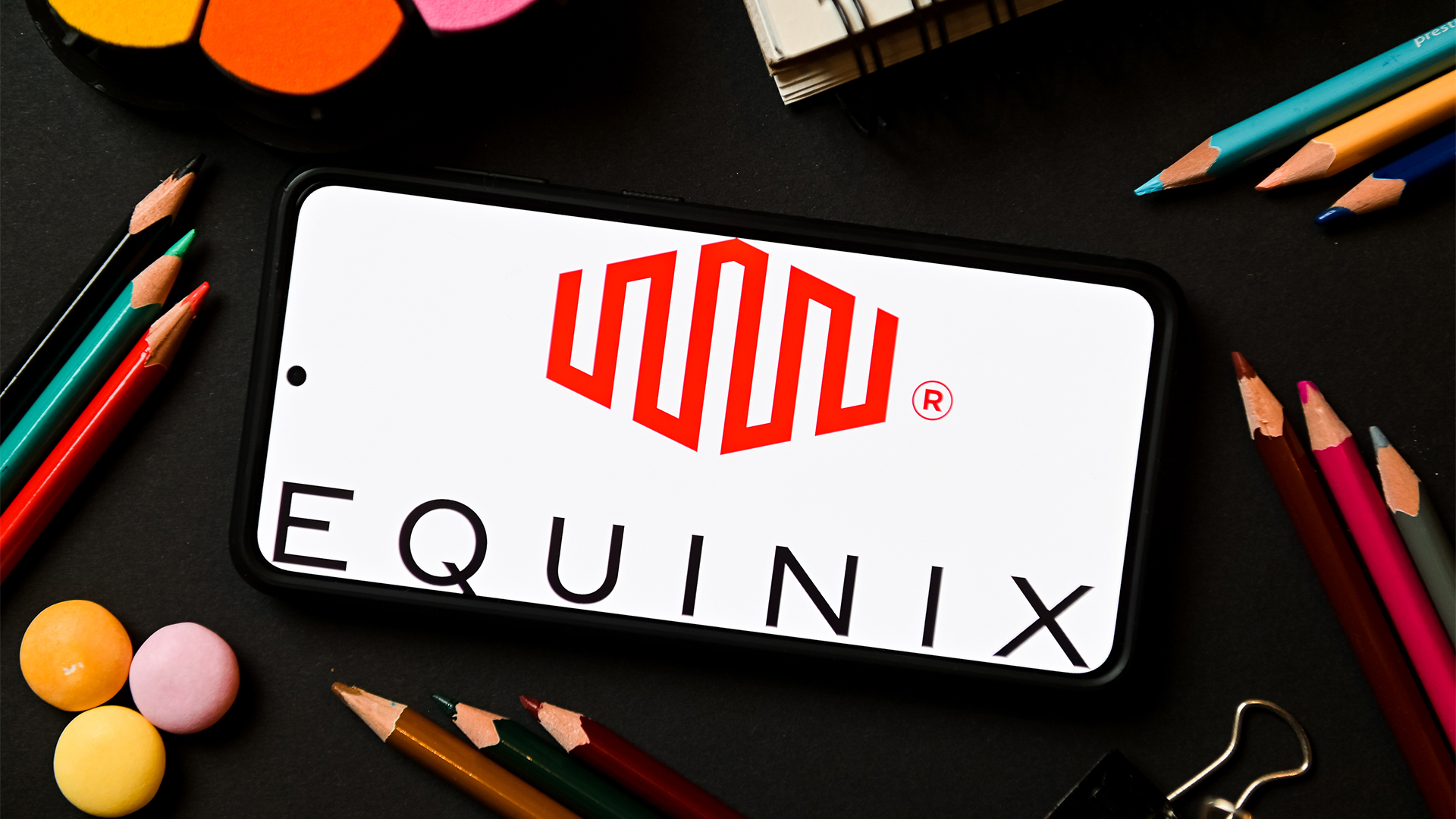 Equinix acquires BT's Irish data centers in €59 million deal
Equinix acquires BT's Irish data centers in €59 million dealNews As BT moves to an asset-light business model, Equinix looks to expand
By Emma Woollacott
-
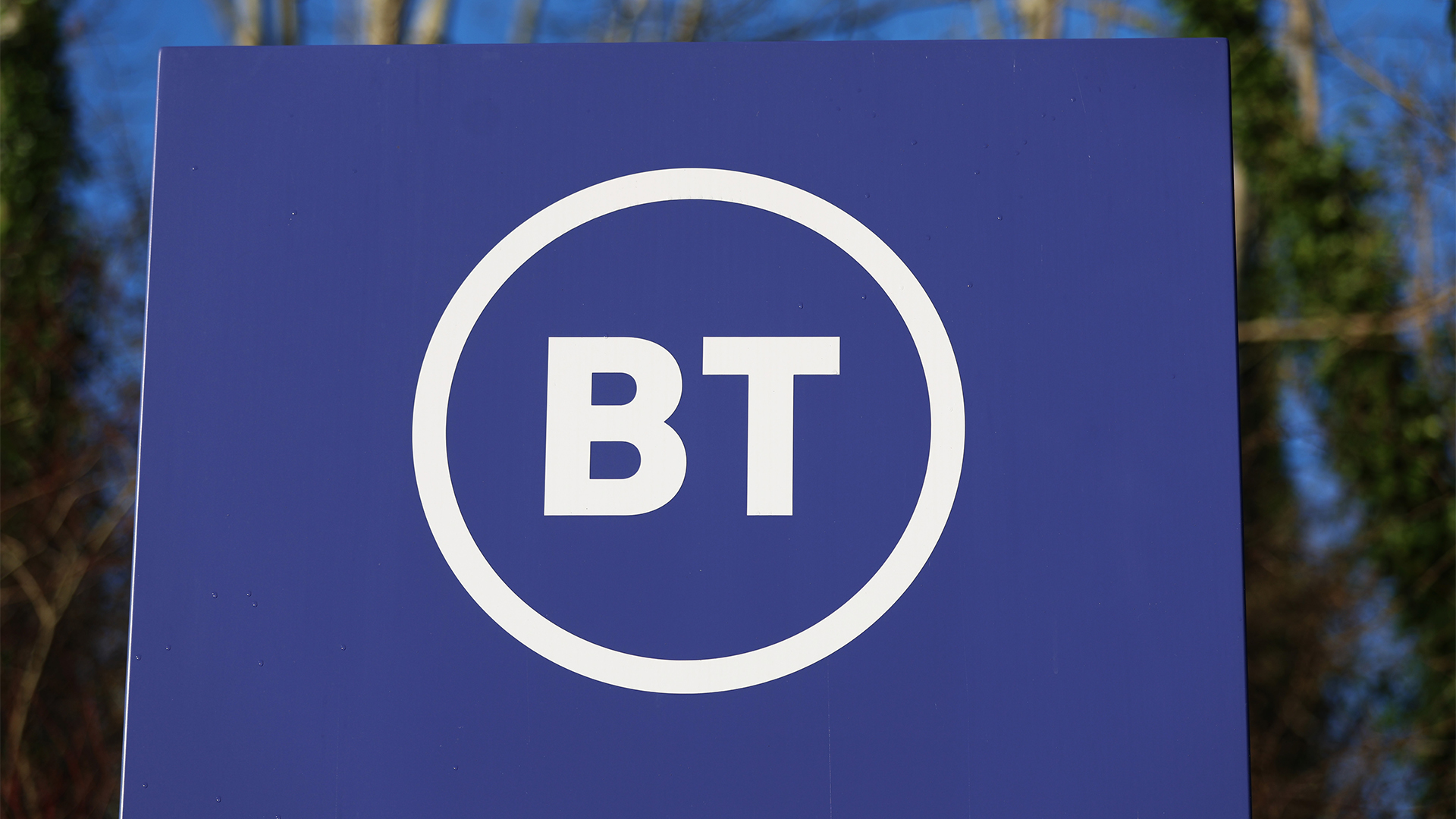 BT just extended the PSTN switch-off deadline — here’s what you need to know
BT just extended the PSTN switch-off deadline — here’s what you need to knowNews BT described the move as a “revision”, citing a series of improvements to the wider PSTN switch-off programme
By George Fitzmaurice
-
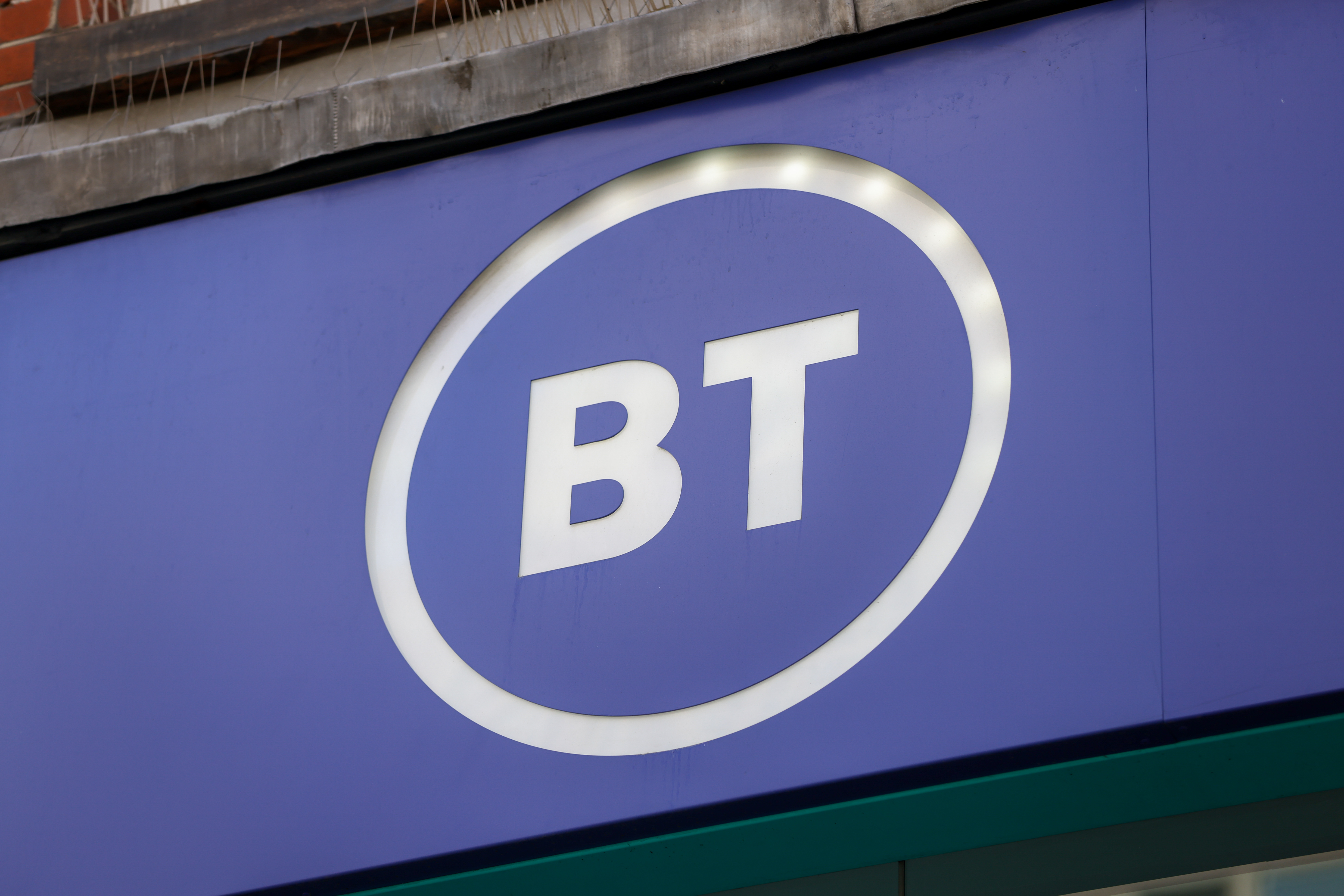 BT misses key Huawei kit removal deadline, but the telco is “almost over the line”
BT misses key Huawei kit removal deadline, but the telco is “almost over the line”News BT is still reliant on non-compliant Huawei equipment for 2G and 3G services
By Ross Kelly
-
 BT partners with HPE to deliver new global managed LAN service
BT partners with HPE to deliver new global managed LAN serviceNews The latest collaboration combines BT’s connectivity expertise with HPE Aruba Networking’s latest LAN solutions
By Daniel Todd
-
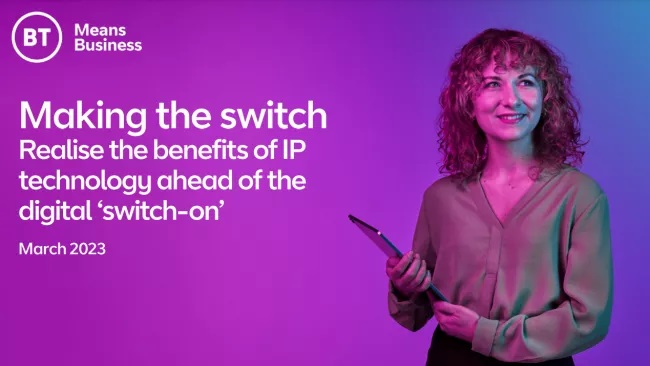 Making the switch
Making the switchWhitepaper Realise the benefits of IP technology ahead of the digital ‘switch-on’
By ITPro
-
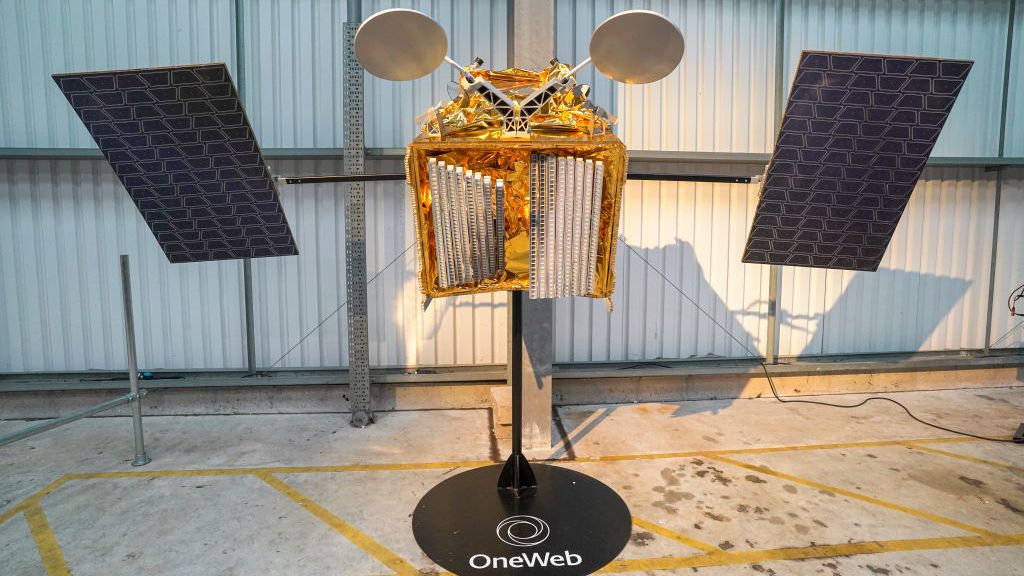 BT and OneWeb succeed in "game changer" satellite connection trial
BT and OneWeb succeed in "game changer" satellite connection trialNews Smaller businesses in rural areas could benefit from improvements to backhaul services using satellites, with speeds increasing by an order of magnitude
By Rory Bathgate
-
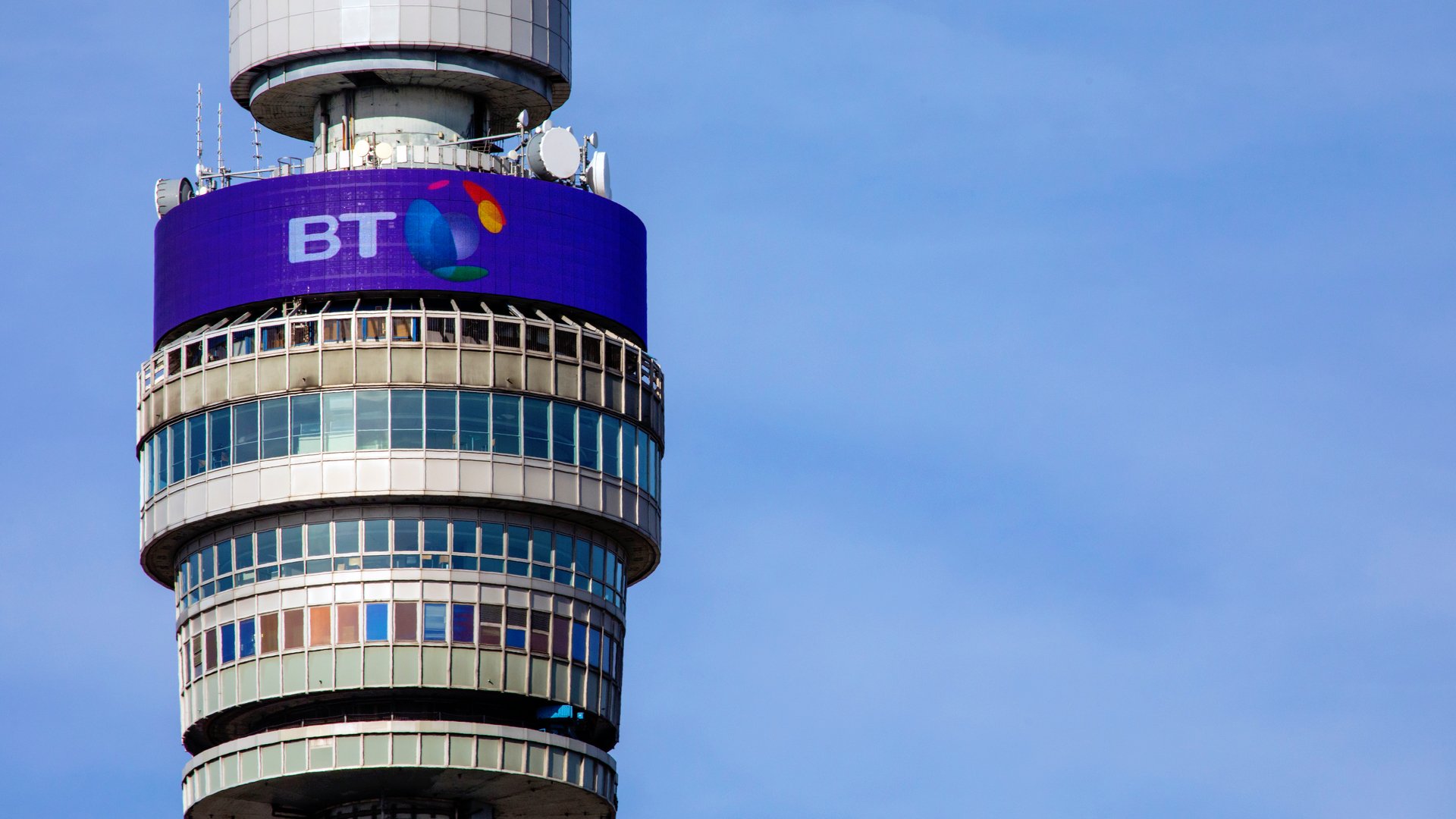 BT, Nokia crack four carrier aggregation on a 5G network in first for Europe
BT, Nokia crack four carrier aggregation on a 5G network in first for EuropeNews The breakthrough marks the first successful use of such technology on a live network, and could lead to dramatic network improvements
By Rory Bathgate